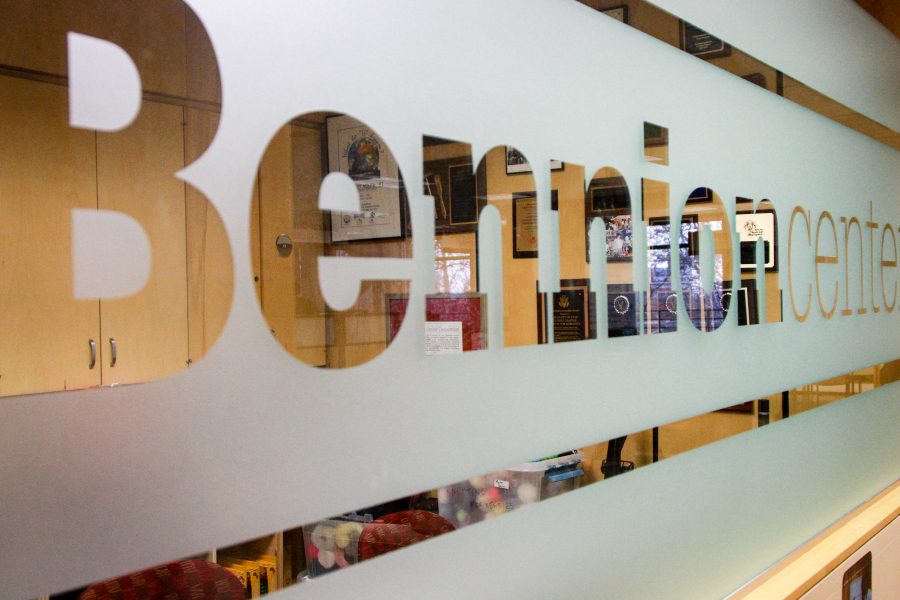I always have something going on, whether it’s personal issues or running late. Without fail, the Bennion Center will have all the lights on and I’ll be greeted as I walk in. The BC always provides something to be excited about.
Over the past years, I have been immersed in the community at the BC. Through living in The Hive, working for the BC as a student leader and volunteering biweekly, I have grown to notice the underappreciation for a group of people who have a common goal to help others. The Bennion Center is one of the most underrated and underused resources on campus.
The Bennion Center
The BC is a community service center at the University of Utah that has been running since 1987. The BC pulls in almost 10,000 student volunteers who contribute over 100,000 hours of community service.
The 2022-2023 annual report showed 94.7% of students at BC reported new or enhanced skills. Beyond this, the BC pulls in a community with one common goal: to help others. This common goal and dedication among staff truly create the most unique and welcoming atmosphere.
But only some students know about the BC, thus it isn’t a program that is taken advantage of. The U does not give the BC the publicity it deserves. This lack of publicity has reached so far that the link to the BC website from the U currently does not work.
Staff Engagement
The BC is based on community and collaboration, and those values are proven with the staff at the BC. I had the pleasure of discussing the BC with Bryce Williams, the associate director of student engagement and outreach. Williams outlined his long history with the BC and his pride for the center.
“I do have a lot of pride in the Bennion Center,” he said. “I think the Bennion Center has shaped me into the person I am today.”
Williams has worked for the BC for about eight years and was a student leader there during his time studying at the U.
“I think we can always do better with publicity … I think there is always more we can do and I think it’s both on the BC and the university to spread that word,” Williams said.
The lack of publicity underscores the BC’s ongoing efforts to expand its audience and ensure that students continue to benefit from its programs. Williams is an excellent example of the knowledge and pride that comes with knowing the BC.
Community Building
The BC has put everything into building a community and environment like no other.
Many students must get community service hours for classes or clubs. Students often don’t pay attention to the reason you need to get these service hours.
Many people hold leadership titles with social hierarchy, such as sorority or fraternity member or club president, but don’t put in the work that is the reason these titles have meaning.
Clubs and organizations must start requiring reflections after community service and urge members to continue volunteering for one or two programs, rather than getting a few service hours from several different programs.
The BC provides so many opportunities to repeatedly volunteer and has connections with several community partners. Students, clubs and organizations have taken advantage of this resource to meet a service hour requirement. The BC has cultivated a community unlike any other on campus.
We must use this resource to its fullest extent.
If students can look past the need to get community service hours, clubs and organizations might start to make the impacts they claim to make.
In my time at the U, I have yet to find such a tight-knit community that gets up every day with the main purpose of helping other people.
Williams said, “I got my degree from the University of Utah, but I got my education at the Bennion Center.”



